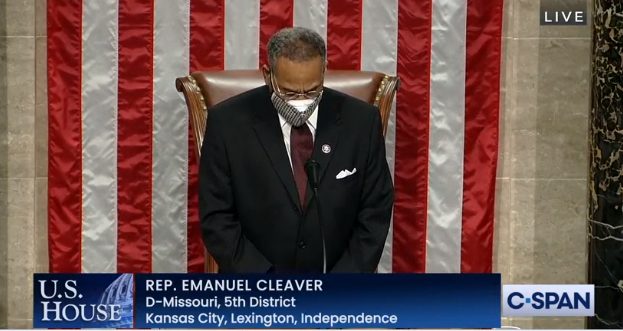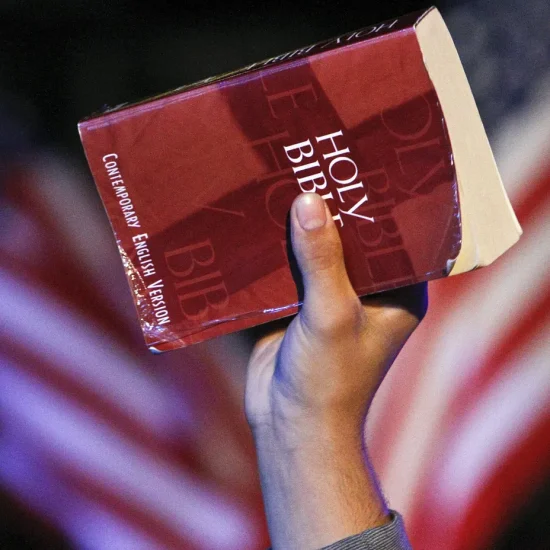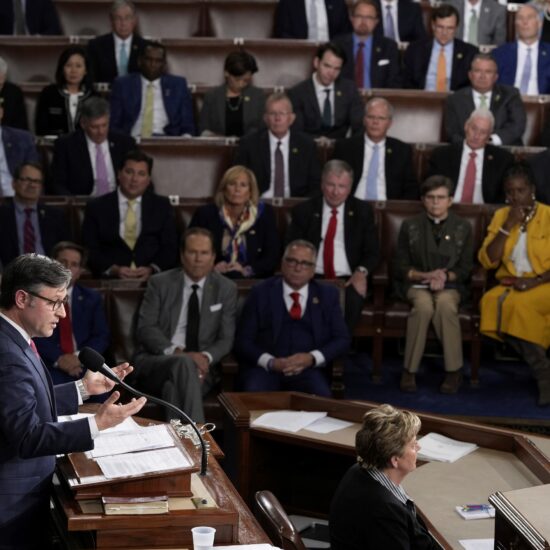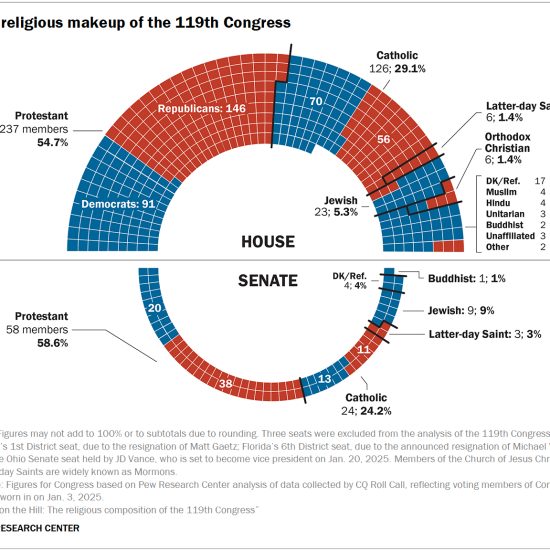
As the new session of the U.S. House of Representatives opened Sunday (Jan. 3), many people gave attention to the vote for Speaker, concerns about COVID-19, the swearing in of new members, and chatter about a challenge coming on Wednesday to the 2020 presidential election results. But a prayer by Rep. Emanuel Cleaver, a Democrat from Missouri, also sparked social media backlash and mocking.
“Amen and awomen,” Cleaver, a United Methodist minister, said to close his prayer just days after a House committee suggested changing House rules to eliminate gendered words like “he,” “she,” “mother,” and “father” and instead use gender-neutral terms.
The criticism to Cleaver’s prayer quickly spread online, including from some of his congressional colleagues.
“The prayer to open the 117th Congress ended with ‘amen and a-women,’” tweeted Rep. Guy Reschenthaler, a Republican from Pennsylvania. “Amen is Latin for ‘so be it.’ It’s not a gendered word. Unfortunately, facts are irrelevant to progressives. Unbelievable.”
As Reschenthaler noted, the word “amen” means “so be it” — although it comes originally not from Latin but Hebrew.
Cleaver, whose prayer included biblical quotes and used male pronouns to refer to God, also appeared to invoke the name of the Hindu creator god during the prayer, though he stumbled over the word.
“May the Lord lift up the light of his countenance upon us and give us peace. Peace in our families, peace across this land, and dare I ask, O Lord, peace even in this chamber, now and evermore” Cleaver prayed. “We ask it in the name of the monotheistic God, Brahma, and God known by many names by many different faiths. Amen and awomen.”






